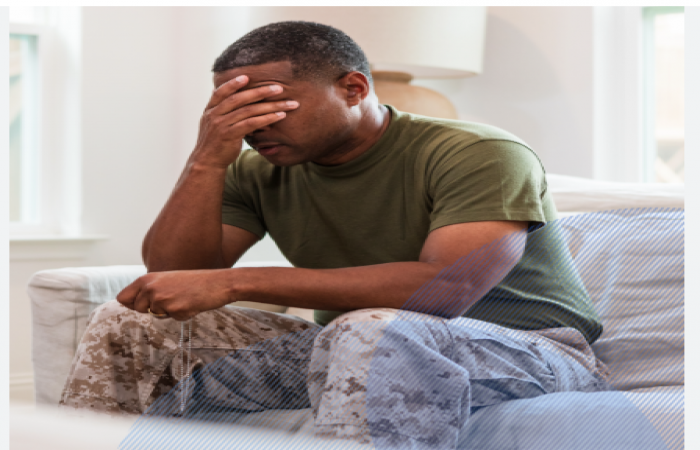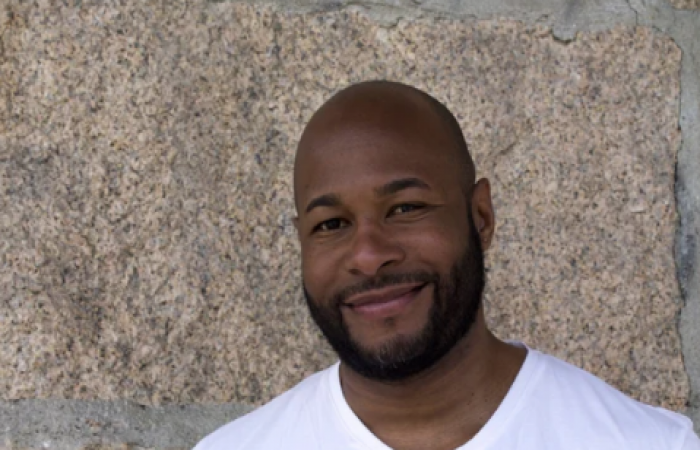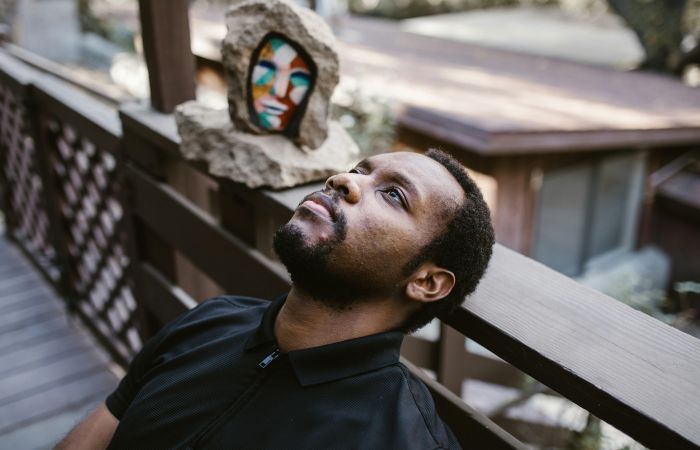
How to Deal With PTSD if You Can't Afford Therapy
Dealing with PTSD (Post-Traumatic Stress Disorder) without professional therapy can be challenging, but there are several strategies that can help you manage symptoms and improve your well-being. Here’s a guide:
Talk to Trusted Friends or Family: Sharing your feelings with someone who understands and supports you can provide relief.
Join a Support Group: Many communities offer free or low-cost PTSD support groups, either in person or online. Sharing your experiences with others who understand can be therapeutic.
Establish a Routine: Structure and predictability can help reduce anxiety.
Eat a Balanced Diet: Proper nutrition supports emotional well-being.
Exercise Regularly: Physical activity releases endorphins, which can improve mood and reduce stress.
Prioritize Sleep: Create a calming bedtime routine and avoid stimulants like caffeine before bed.
Grounding techniques can help you manage flashbacks and dissociation:
5-4-3-2-1 Method: Identify 5 things you can see, 4 you can touch, 3 you can hear, 2 you can smell, and 1 you can taste.
Deep Breathing: Inhale deeply for 4 seconds, hold for 4 seconds, and exhale for 4 seconds.
Use Cold Water: Splash your face or hold an ice cube to bring yourself back to the present moment.
Mindfulness can help you focus on the present and reduce intrusive thoughts:
Use free apps like Insight Timer or Calm for guided meditations.
Practice mindful breathing or mindful walking to stay connected to your body and surroundings.
Writing about your experiences and emotions can help process trauma:
Start with free-writing whatever comes to mind.
Use prompts like, "What triggers my stress, and how can I respond differently?"
Understanding PTSD can help you feel more in control:
Read books, and articles, or watch videos about PTSD and coping strategies.
Look for free online courses or webinars about trauma and recovery.
Identify situations, people, or environments that exacerbate your PTSD symptoms and take steps to minimize exposure:
For example, if loud noises are a trigger, use noise-canceling headphones or earplugs.
Hotlines and Crisis Lines: Many countries have free mental health hotlines you can call for support.
Apps: Apps like PTSD Coach (developed by the U.S. Department of Veterans Affairs) offer tools to manage symptoms.
Nonprofit Organizations: Look for nonprofits that provide free mental health resources, such as NAMI (National Alliance on Mental Illness) or local trauma recovery organizations.
Creative outlets can help process trauma:
Art Therapy: Draw, paint, or sculpt your emotions.
Music Therapy: Create playlists that calm or uplift you, or express yourself through songwriting.
Movement Therapy: Try yoga or dance to release tension stored in the body.
- Some therapists or clinics offer sliding-scale fees based on income.
- Check with local universities; counseling students often provide free or low-cost therapy under supervision.
- Explore telehealth services or online platforms that offer affordable therapy.
Focus on one step at a time to avoid feeling overwhelmed.
Celebrate small victories, like going for a walk or completing a journal entry.
Stay away from alcohol, drugs, or other harmful behaviors as a way to cope. They may provide temporary relief but worsen symptoms over time.
Healing takes time. Be patient and kind to yourself.
Remember that it’s okay to have bad days and setbacks.
If your symptoms worsen or feel unmanageable, seek help from free or low-cost resources as soon as possible. You don’t have to face PTSD alone—there are communities and tools available to support you.

















